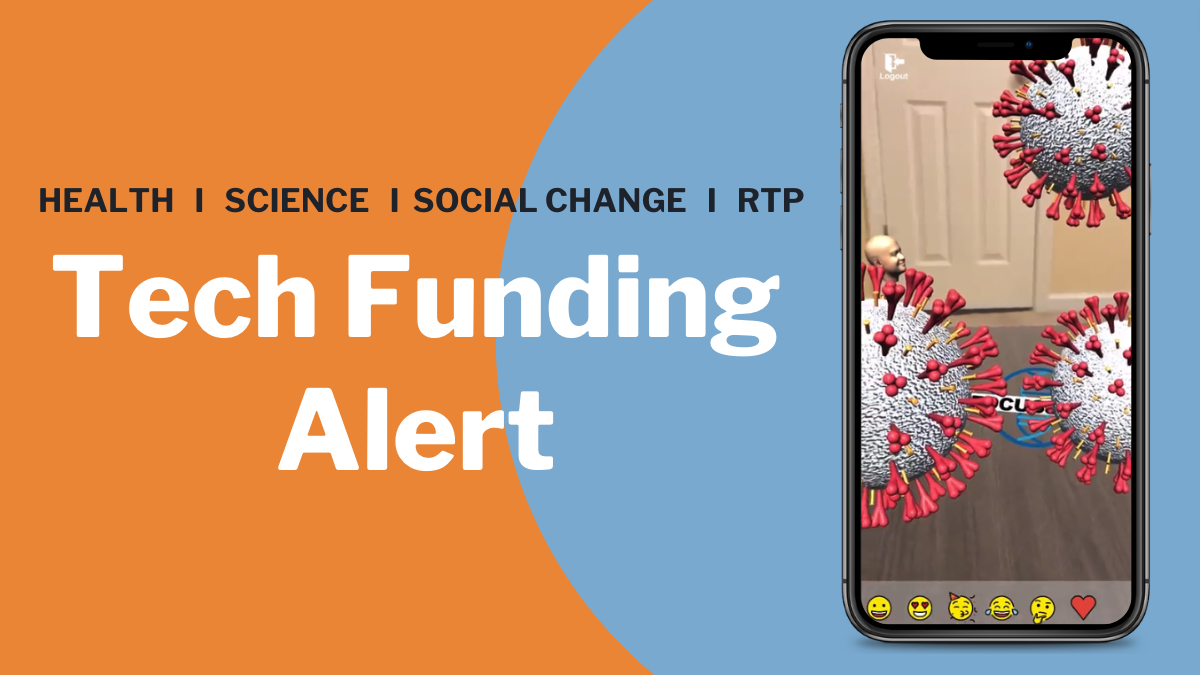Reality Recap is a video news series where I run through some of the top stories in immersive technology, augmented reality, and virtual reality. Below you'll find our previous episodes along with our show notes. Watch the episode, or use the show notes for a quick snapshot.
AR & VR News: Reality Recap June 2022
Reality Recap: June 8, 2022
Show Notes
Niantic rolls out Lightship VPS (:29-1:44)
The makers of Pokémon Go and other GPS-based AR games officially opened up their Lightship Visual Positioning System (VPS) to developers at their Lightship Summit. The platform lets users build on and add to their more than 30,000 markers around the world. At the summit, Niantic also rolled out a new social platform to connect metaverse apps called Campfire, a new pricing tier for their development tool, 8th Wall, and their investment into two new metaverse ventures. All pretty exciting stuff here. I can't wait to see what developers start building with this new kit. Read the original here.
Axon ramps up VR training (1:45-2:54)
The company that developed the Taser is expanding VR training of its devices to promote police use of less-than-lethal weapons. Axon’s training kit uses headsets, wrist controllers, and an officer’s actual Taser with a special VR cartridge. It packs up into a small duffel bag so departments can use it anywhere, instead of requiring visits to an academy or training facility. The idea is that the more comfortable and capable an officer is with a Taser, the more likely they would be to use it before turning to more lethal options. This is another good example of using VR to train for things that are dangerous, expensive, or impossible to recreate in real life. Read the original here.
Meta releases passthrough room setup (2:55-3:53)
Meta launched a mixed reality Room Setup feature for the Quest 2. It’s a bit of a preview of what’s to come in the Cambria headset. The tool uses passthrough AR and lets you bring the walls, furniture, and other objects into your VR environment. You can even interact with the pieces you outline, like setting your controllers onto a table. This is less exciting for regular users, but more so a sign of what’s to come once tools like this become turnkey and widely available. It’s a fun peek into what a true mixed reality headset could look like where you can seamlessly flip between AR and VR. That’s the key promise to Project Cambria and it seems Meta is heading in the right direction. Watch the original here.
Reality Recap: June 21, 2022
Show Notes
ByteDance VR subsidiary expands in U.S. (:29-1:51)
Pico, the VR subsidiary of TikTok's parent company, ByteDance, has been expanding outside of Asian markets lately. Recently, the company launched its standalone headset in Europe and is now making a large scale hiring push along the West Coast of the U.S. Many of the jobs revolve around VR content creation, and as we've discussed here before content is key to user adoption. Meta still owns the consumer market, but this could be a competitor to keep an eye on. Read the original article here.
Apple: No headset, but more AR tools (1:52-3:54)
Despite some speculation, Apple did not reveal a new headset at this year's Worldwide Developers Conference (WWDC). However, the fruit did announce a slew of updates to drive AR development and social networking. The headset delay isn't a shocker, Apple likes to release their products only when they're totally ready and with as few bugs as possible. The other updates include more connectivity between social tools like Memoji, FaceTime, SharePlay, and more. It also included a RoomPlan tool in the new ARKit 6 that allows users to map out their surroundings, much like Meta's passthrough tool we previewed in the previous episode. All good signs for developers looking to build in the Apple ecosystem. Read the original here.
Meta delays watch and glasses (3:55-5:42)
Like Apple, Meta also isn't ready to release any new hardware. The tech giant announced it's sending the first version of its AR glasses straight to Beta and holding off until version two for consumers. That means no release until at least 2024. They're also shifting the Portal video chat devices from a consumer focus to enterprise and completely scrapped their camera-laden smart watch plans. Much like Apple, these delays don't concern me much. Meta doesn't have the hardware track record of other companies and must nail every launch at this point. Couple that with the current economic climate and it's not hard to see why they'd shift around priorities. And let's be honest, the watch sounded cool, but that's already a crowded market and it'd just be a stepping stone to the AR glasses. Read the original here.
Previous Episodes
You can watch all of our previous episodes, plus bonus episodes on our Reality Recap playlist on YouTube.



